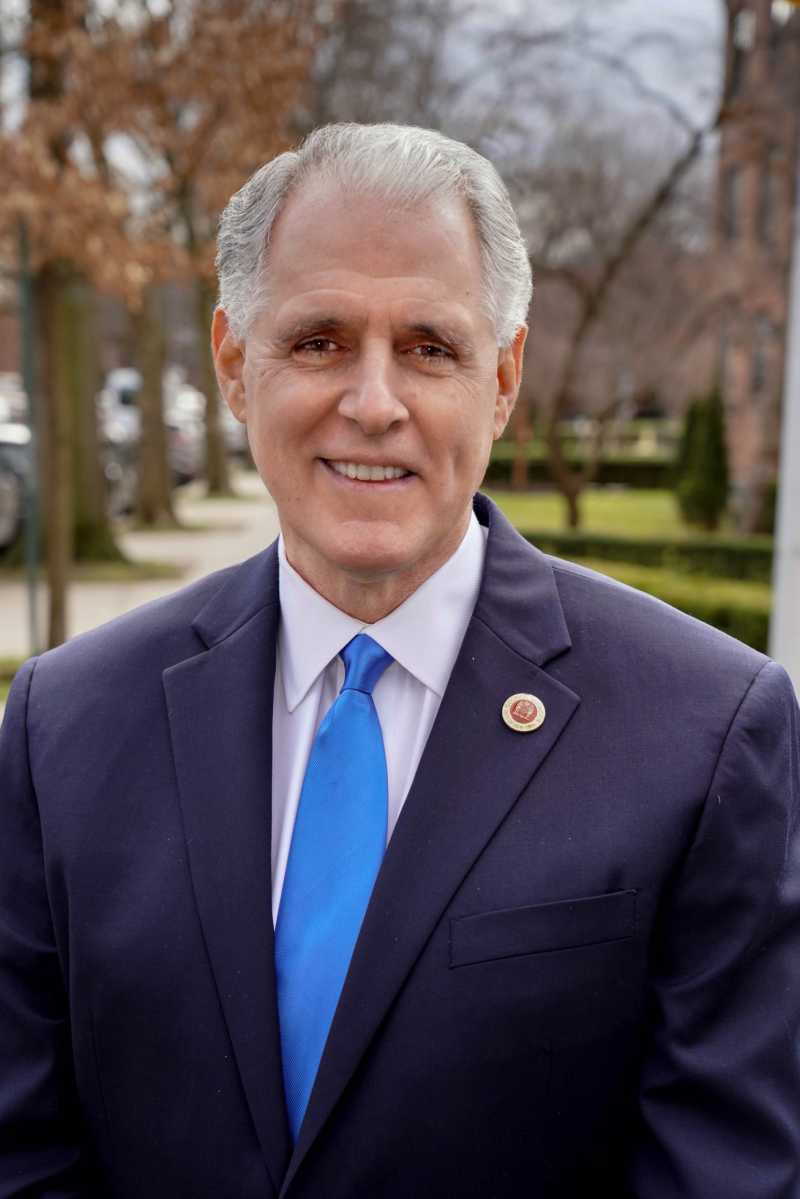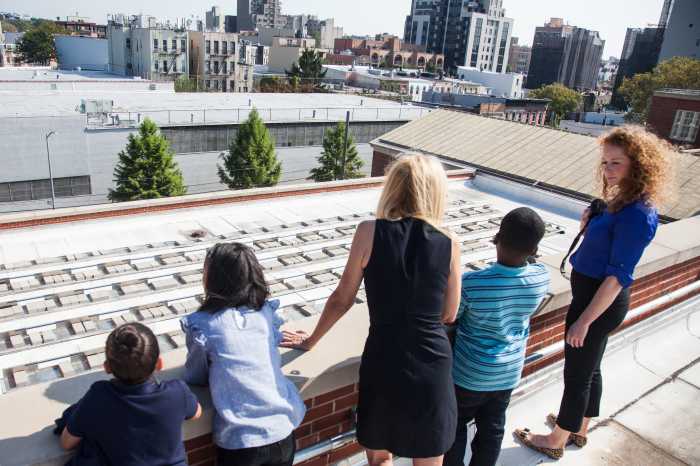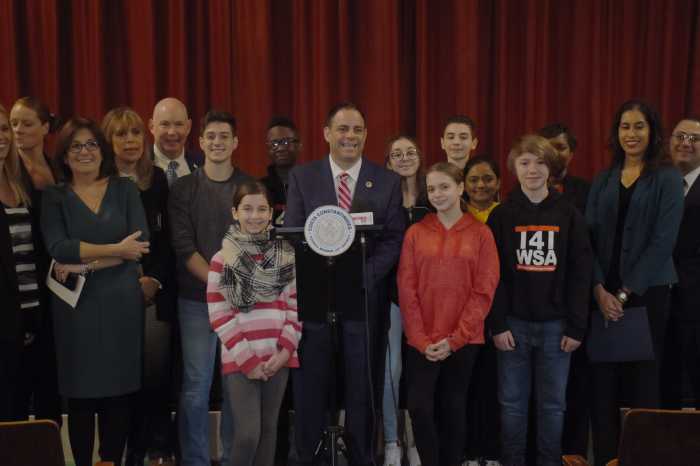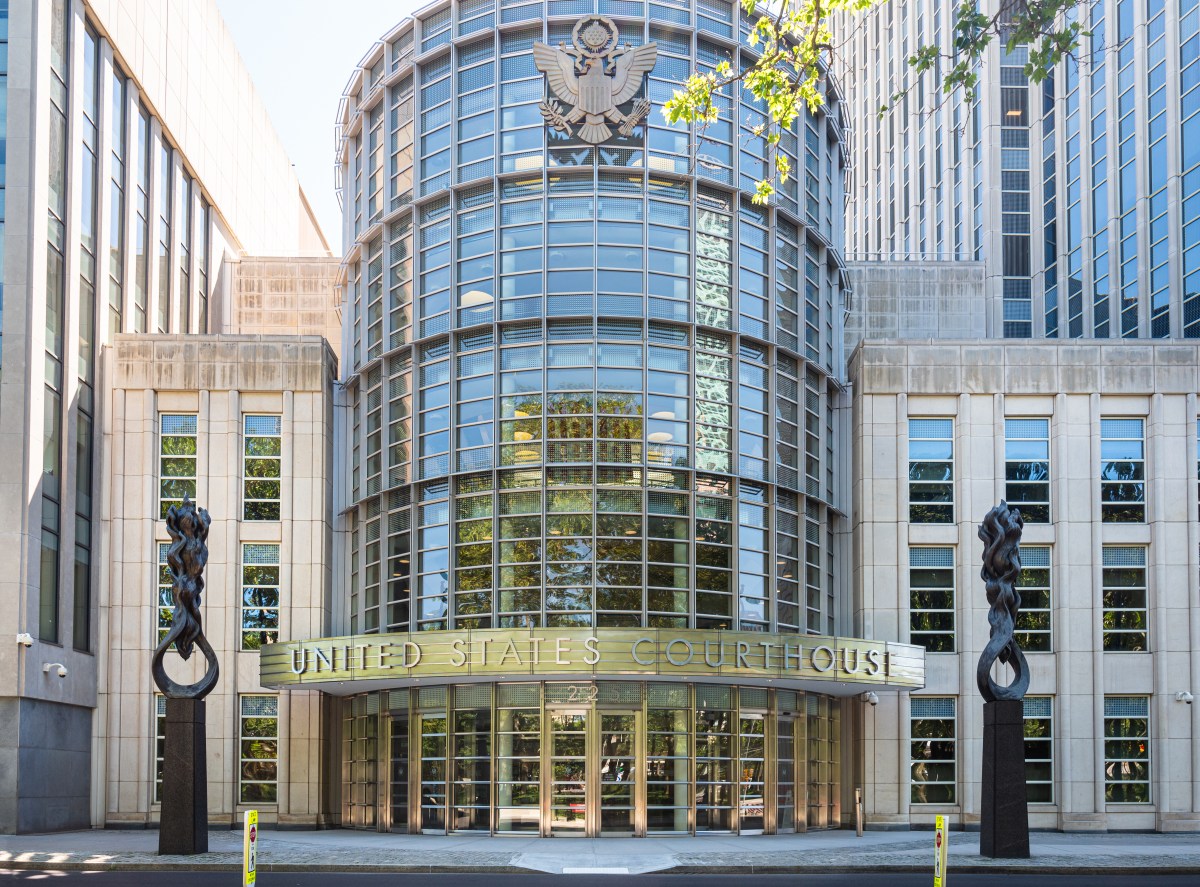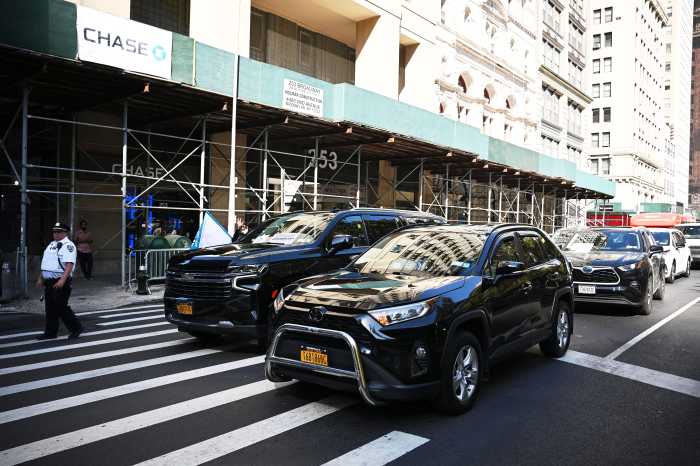City Council members Gale Brewer and James Gennaro introduced legislation Friday, April 22, that would create a Department of Sustainability and Climate Change to centralize the city’s work related to the resiliency of critical infrastructure, the built environment, coastal protection, coastal communities and climate change under one commissioner.
Under the proposed legislation, the commissioner would have the power to develop and coordinate the implementation of policies, programs and actions to meet the long-term sustainability needs of New York City, develop evaluation indicators and increase public awareness and education. A sustainability advisory board would exist to support the commissioner with this work.
According to Gennaro, the chair of the New York City Council’s Committee on Environmental Protection, creating this department and having them take on those responsibilities puts the city in a good position to address issues impacting residents. For example, with extreme weather events having disparate socio-economic impacts, Gennaro feels compelled to take action in addressing such adverse outcomes. Additionally, Gennaro believes establishing a department that would consider environmental impacts in policy making would place sustainability and resiliency at the center of the city’s policy.
“Climate change is one of the biggest threats facing this city, and unfortunately, there is a lot of red tape within the current process that hinders our environmental progress,” Gennaro said. “I am proud to introduce this legislation, which will create a dedicated Department of Sustainability and Climate Change and streamline city projects focused on resiliency and environmental protection.”
Brewer reiterated the importance of establishing a central agency to address the city’s “environmentally related challenges.”
“In order to build a more sustainable and resilient city and address our environmentally related challenges, it is imperative that we centralize the work in a single department, accountable to the City Council and the public and must have dedicated and consistent resources,” Brewer said. “By integrating work on resilience and sustainability, we enable the creation of comprehensive programs and initiatives, and ensure that we achieve these goals more efficiently.”
Other legislation introduced on Earth Day by the New York City Council included bills to accelerate the phase-out of dirty fuels, expand curbside organic waste collection citywide, establish community recycling centers and increase tree plantings and the availability of electric vehicle chargers, greenways and tree plantings.
Another piece of legislation called for the city’s energy and water usage benchmarking law to cover buildings of at least 10,000 square feet, creating greater transparency around usage and greater efficiencies to reduce waste.
The legislation will be introduced within the coming days before being discussed in hearings over the coming months.

